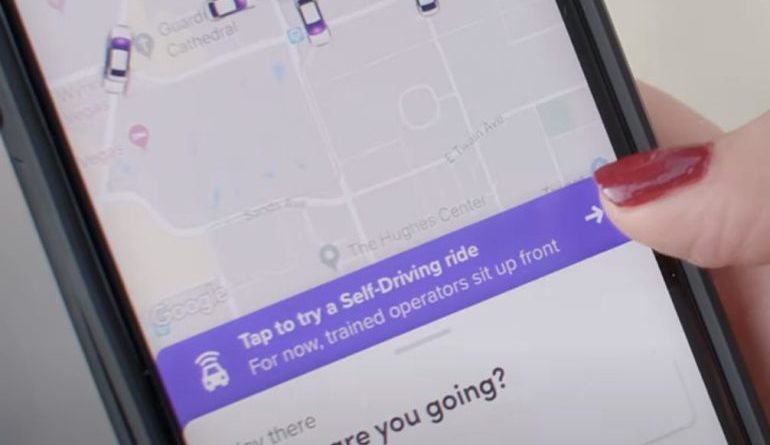Ultimate Solution For Uber and Lyft Is Autonomy
“The ultimate solution for Uber and Lyft is autonomy,” says Loup Ventures Managing Partner Gene Munster. “If this employee model simply doesn’t work you are going to see these companies push even harder into autonomous systems simply eliminating the drivers. However, this will attract more competition. I think the two best companies positioned within that would be Google and their Waymo initiatives and also Tesla and how they are going to vector into the ridesharing market.”
Gene Munster, Managing Partner at Loup Ventures, discusses how California in forcing drivers to be employees may ultimately speed up the efforts of Uber and Lyft to go fully self-driving and thereby simply eliminate all human drivers:
What Would The Drivers Want?
Both Uber and Lyft are in a tight spot. There was reprieve today. But this topic is not over with this vote coming November 3rd and California’s influence that they can have with other states. If you put all of this together and think about if these changes to employees across the country, it could be a 15 percent increase (in costs). This is effectively their profit margins.
I do want to caution the voters of California and also some of the lawmakers on one aspect. What would the drivers want? Most of these drivers use both apps, both Lyft and Uber. If they are employees they likely will be restricted from jumping from app to app. That would cut down some of their rides and cut down what they will be paid on an hourly basis. I don’t think that the right path here is as clear for the drivers in simply becoming an employee.
Ultimate Solution For Uber and Lyft Is Autonomy
The ultimate solution for Uber and Lyft is autonomy. If this employee model simply doesn’t work you are going to see these companies push even harder into autonomous systems simply eliminating the drivers. One of the unique things about Lyft and Uber is it is a two-sided marketplace. They have drivers and riders. In an autonomous world you don’t need drivers. Essentially, that would leave Lyft and Uber with their key asset, their brands around movement. I think that is an asset but I don’t know if it is worth $55 billion.
What I really take away from this is that over the next few years there are going to be ups and downs related to this regulation. Longer term, we know where this is going. Cars should be autonomous for safety reasons and productivity reasons. Ultimately, ridesharing with Uber and Lyft is going to be fully self-driving. This topic we are discussing today is going to be largely irrelevant.
Google and Tesla Will Compete With Uber and Lyft
There are some key nuances to an autonomous ridesharing business model. As I mentioned, there is a two-sided marketplace. That’s really what makes Lyft and Uber special today. One of the sides of the marketplace, the drivers side of this, is under some pressure right now. But if we eliminate the drivers side then you don’t even have a marketplace. You are just trying to get consumers to ride. That opens up new competitors. There are about six of them that are trying to get there.
The autonomy option is a better option for Lyft and Uber than what they currently have with humans driving. For an investor it’s a more profitable option. However, ultimately it will attract more competition. I think the two best companies positioned within that would be Google and their Waymo initiatives and also Tesla and how they are going to vector into the ridesharing market.
I Would Put My Money On Lyft
Assuming their ballot initiative wins in November, I’m in the Lyft camp. This is partly because I like their focus just on the US and on ridesharing. I think that the Uber Eats business, while its had a tremendous tailwind, it will get progressively more competitive and it’s tougher to make money in that business.
Ultimately, if I had my choice I would put my money on Lyft. There is another X factor here. There is something subtle about Lyft’s culture. It is a more investor friendly culture and that influences my view.



